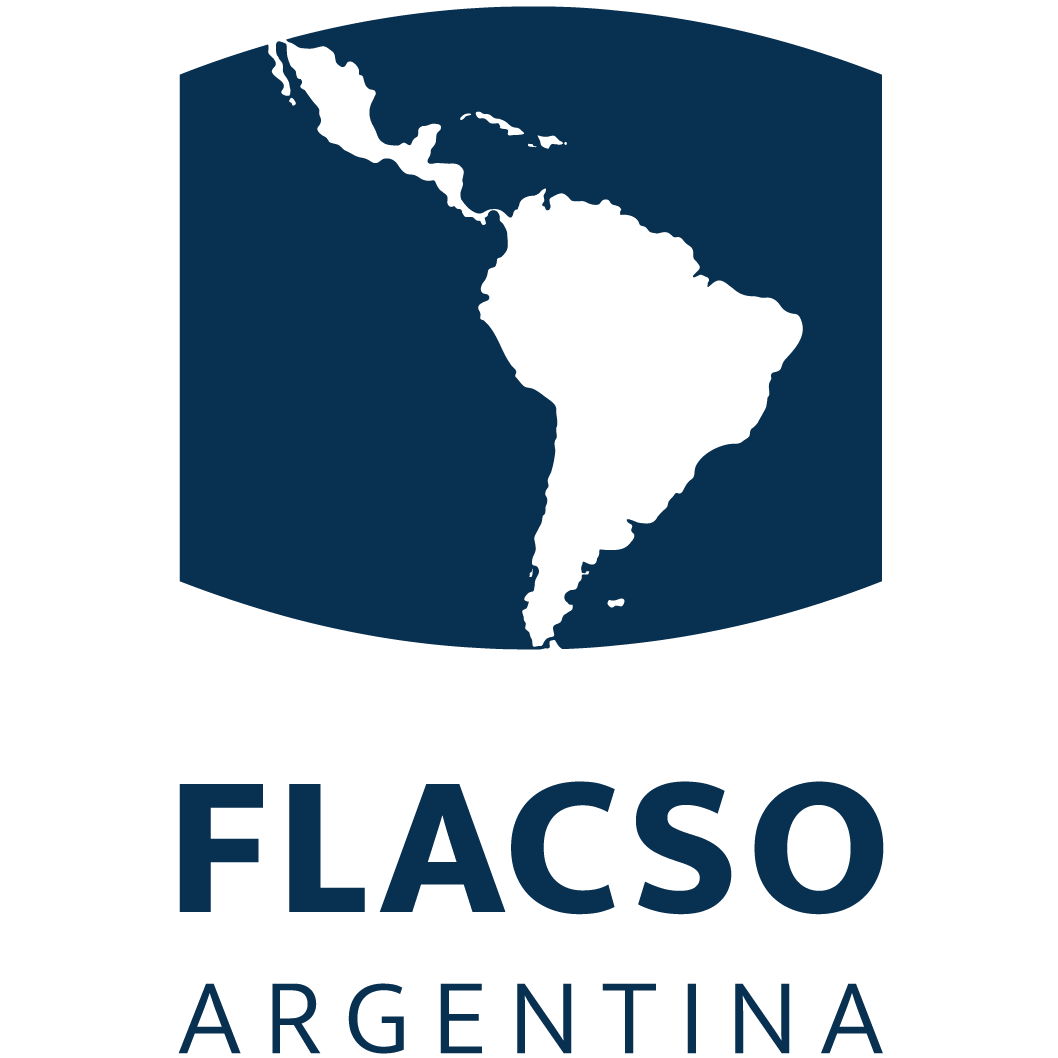30Ago
Coloquio: Métodos de investigación participativa orientados a adolescentes LGBTQ
Viernes 30 de agosto de 2019, de 9 a 12 hs.
Auditorio de la FLACSO Argentina, Tucumán 1966, CABA.
Para poder asistir, se solicita registrarse AQUÍ
Las presentaciones serán en inglés.
El Programa de Ciencias Sociales y Salud (del Área de Desarrollo Humano y Salud), el Programa Políticas, Lenguajes y Subjetividades en Educación junto al Doctorado en Ciencias Sociales y el IICSAL (Instituto de Investigaciones Sociales de América Latina) invitan a este coloquio en el marco del proyecto de investigación colaborativa con la Universidad de Lancaster (UK) y cinco países de América Latina.
Esta actividad estará conformada por dos paneles con dos disertaciones en cada uno y un breve receso. Las presentaciones serán en inglés contemplando un breve resumen en castellano al finalizar cada una de ellas, además del intercambio con el público asistente.
COLLOQUIUM: Participatory research methods oriented to LGBTQ young people
From theory to real world
The Program of Social Sciences and Health (Area of Human Development and Health), the Program Policies, Languages and Subjectivities in Education together with the Doctorate in Social Sciences and the IICSAL (Institute of Social Research of Latin America) invite the Colloquium to be held on August 30th from 9.00 to 12.00 in the FLACSO Auditorium (Tucumán 1966, CABA). This is part of a collaborative research project with the University of Lancaster (UK) and 5 Latin American countries. This activity will consist of two panels with two dissertations in each and a short break. The presentations will be in English contemplating a brief summary in Spanish at the end of each one in addition to the exchange with the audience.
To attend virtually, access through the following link https://flacso.adobeconnect.com/salud/
9.00: Introduction (FLACSO)
9.30: PANEL I
Inclusive research agenda involving adolescents.
Moderator: Carlota Ramírez, FLACSO
 |
DR MARK LIMMER
Senior Lecturer in Public Health
Division of Health Research – Lancaster University
m.limmer@lancaster.ac.uk |
Title: Young masculinities, sex and social deprivation
My principle research interests are in adolescence and health related risk taking with a focus on gender, sexual health and pornography. I am particularly interested in young men’s health and how this intersects with both masculinities and social exclusion to provide a context within which health risk taking takes place. Seeking to understand risk taking in this way enables us to move away from models of individual behaviour change, to a more productive exploration of the social contexts and forces that need to be addressed to bring about large-scale changes in health outcomes for young people. I am also interested in exploring the mechanisms and potential for the participation of young people in research and decision-making.
 |
PROFESSOR LIZ MCDERMOTT
Professor of Health Inequalities
Division of Health Research – Lancaster University
e.mcdermott@lancaster.ac.uk |
Title: LGBT+ Young People and Mental Health: The impact of social inequalities and marginalisation
My research is concerned with mental health inequality especially in relation to age, sexuality, gender and social class. I have conducted studies investigating suicide, self-harm, emotional distress, wellbeing and happiness. My research attempts to investigate and develop understandings of the social, economic and cultural origins of mental health and wellbeing, and produce evidence that can inform policy and practice. For the past twenty years I have been working, teaching and researching in the field of public health within the NHS and higher education institutions. My research concentrates on mental health inequalities and their social determinants. The programme of empirical study I am developing aims to understand why and how social inequality and marginalisation influence mental health and wellbeing, and the policies and interventions required to promote the mental health of disadvantaged population groups.
10.30 Break
10.45 PANEL II
Enhancing participatory processes through research and interventions.
Moderator: Raul Mercer, FLACSO
 |
DR ALEX KALEY
Lecturer in Health Inequalities
Division of Health Research – Lancaster University
a.kaley@lancaster.ac.uk |
Title: Involving marginalised young people in research Challenges and strategies
Alex is a social scientist, with a primary research interest in social and geographical health inequalities. In exploring these issues, Alex has developed an expertise in participatory and qualitative methods of inquiry. Alex has an interest in the health and social inequalities experienced by people who may be considered marginalised (including people with intellectual disabilities, LGBTQ young people and lower income families) as well innovations in policy and practice designed to reduce those inequalities. Her research is therefore situated at the intersect of disability studies, geography and qualitative health research. She is particularly interested in qualitative explorations of the health and social inequalities experienced by people intellectual disabilities.
Title: Participation of children and young people to create change
My relationship with research is as both implementer and researcher. I am a Senior Health Advisor at the NGO Save the Children and have worked in public health, clinical and advisory roles for over 25 years. I provide technical advice to child and adolescent health programmes in many fragile states, low, middle and high-income countries. I also lead a Research and Development portfolio that brings together academic, NGO and industry partners to study and test new approaches to preventing and treating entrenched problems that cause morbidity and mortality. My research interests reach across a spectrum of social science and biological science, leading current studies in both arenas. However, they share a common public health purpose to better illuminate and understand inequity and identify interventions that bring effective change for children, young people and families. I have a long-term interest in practical applications of child rights and human rights, through participation, mobilisation and policy, to catalyse improvements in healthcare, health outcomes, equity and social justice.
11.45-12.00 Closing remarks




